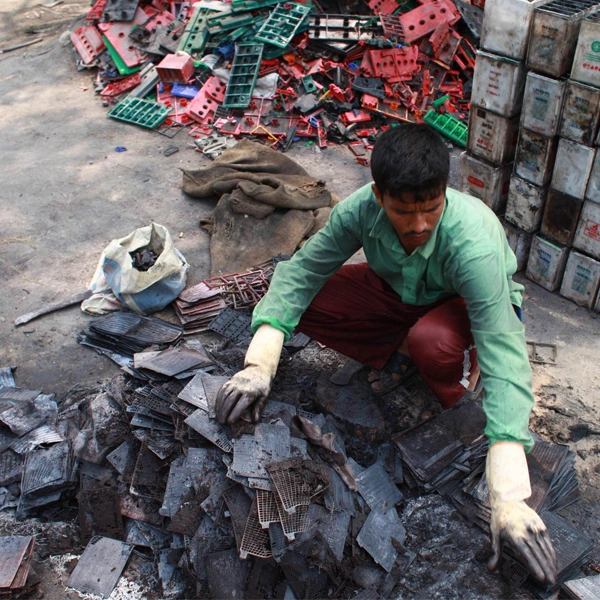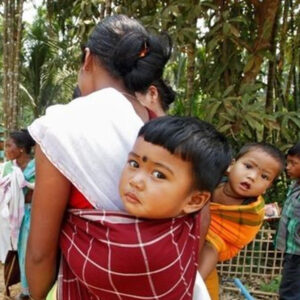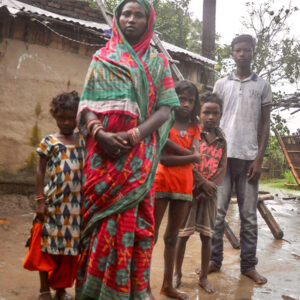Description
Many informal recycling lead battery workshops have been established by the local people of Patna, Bihar as self-employment opportunities. However, most of the residents are not aware of the risk factors associated with lead poisoning.Objectives: The present pilot study aimed to assess blood lead levels (BLLs) and hemoglobin levels among children aged between 3 to 12 years in the settlement of Karmalichak near Patna, India. Materials and methods: Children residing near the informal lead battery manufacturing unit were selected for BLL assessment. A total of 41 children were enrolled in the questionnairebased survey. Results: All the children in the present study had detectable lead concentrations in their blood. Only 9% of the studied children had a BLL ≤5 μg/dl, while 91% children had a BLL above >5 μg/dl.
Conclusions: The present study carried out in children of Karmalichak region of Patna, India was an attempt to better understand the problem of lead toxicity, describe the epidemiology of its adverse effects, identify sources and routes of exposure, illustrate the clinical effects and develop strategies of prevention so that remedial measures may be taken by government agencies and regulatory bodies. In view of the high lead levels in children in the study area, attempts are being made to develop strategies for future prevention by relocating the informal battery recycling workshops from the area. Moreover, parents have been advised to increase nutritional supplementation of children by providing calcium-, iron- and zinc-rich foods, including milk and vegetables.
Participant consent: Obtained.
Ethical approval: The study was approved by the ethical committee of Era’s Lucknow Medical College & Hospital, Era University, Lucknow (India).
Competing interests: The authors declare no competing financial interests.



